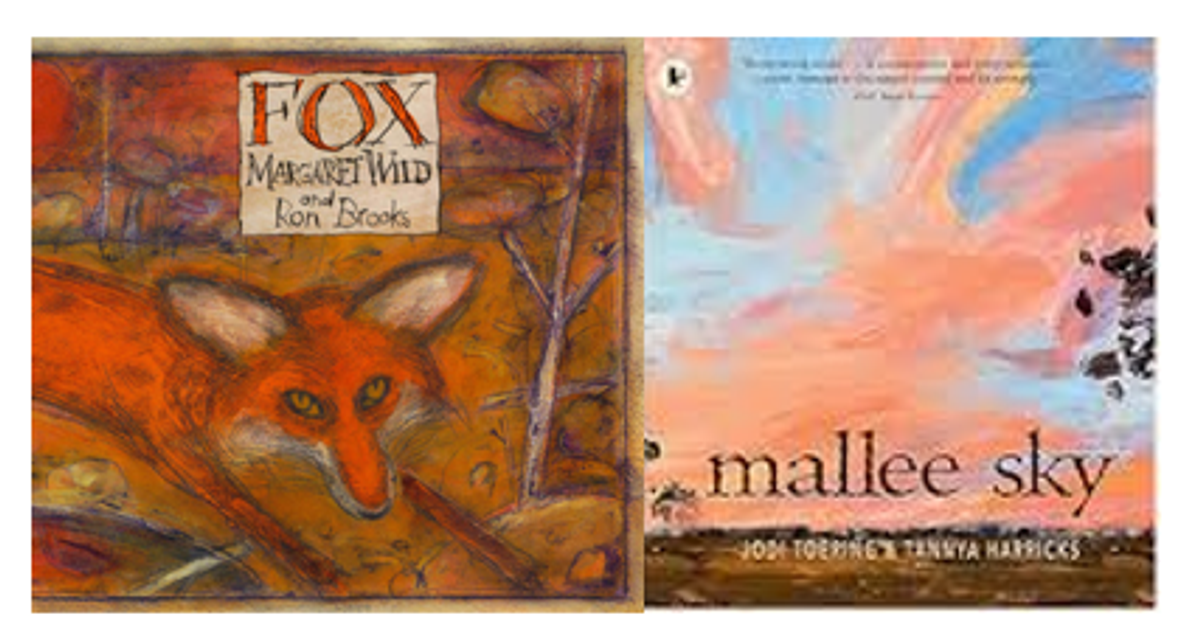Grade 3 Community News

Dear Grade 3 Families,
We are thrilled to share some exciting updates from the Grade 3 classrooms!
Reading:
In our Reading 2 Learn lessons we have started a new unit that dives deeply into how and why authors use various techniques to engage the reader. The unit supports the students to examine Core Texts by Australian authors. Grade 3s have been visualising themselves in each of the settings, and discussing how the author’s use of language helps to create a mood, helps to explain a character’s feelings, and helps to enhance the reader’s experience. The Grade 3s have been engaging in wonderfully detailed discussions in the classroom and can be encouraged to continue their discussions at home, using their own texts and interests.
Writing:
Over the past few weeks, our young Grade 3 poets have been diving into the world of creative expression through free-verse poetry. This journey is not just about writing poems, but about discovering the power of their own voices. Free-verse poetry is a form of writing that breaks away from traditional rules of rhyme and meter. Instead, it allows students the freedom to explore language in a more organic and personal way. In these poems, students have the opportunity to express their thoughts, feelings, and observations in a unique and individualistic manner.
During these lessons, students are not only crafting their own poems but also learning about various language features to enhance their writing. Here are some of the features they have been exploring:
Personification: Giving human characteristics to nonhuman things. For example, "The wind whispered secrets through the trees."
Similes: Comparing two unlike things using "like" or "as" to create vivid imagery. For instance, "Her smile was as bright as the sun."
Alliteration: Repetition of consonant sounds at the beginning of words in close proximity. An example could be, "Peter Piper picked a peck of pickled peppers."
These language features not only add depth and meaning to their poems but also encourage creative thinking and expression. At the end of the unit, students will have the opportunity to publish their collection of poems in various ways. Whether it's through a class anthology, digital portfolios, or even a poetry reading session, every student will get the full experience of being a published author.
Maths:
This month, the Grade 3s are exploring the two fundamental concepts of addition and subtraction. Through engaging activities and hands-on learning experiences, students are not only practicing their math fact fluency but also delving into the strategies and skills that will empower them to confidently tackle more challenging mathematical concepts, from multiplication and division to algebraic reasoning and problem-solving.
By mastering basic addition and subtraction facts, and being able to understand the connection between them, students develop a strong number sense and computational fluency that will serve them well in their mathematical journey. During these lessons, students not only sharpen their computational skills but also deepen their understanding of mathematical concepts through real-world problem-solving tasks. From solving worded problems to using manipulatives to model mathematical situations, our goal is to equip the Grade 3 students with the tools and confidence they need to tackle any mathematical challenge that comes their way.
We encourage you to support your child's mathematical journey at home by practicing math facts together and encouraging a growth mindset towards problem-solving.
Morphology/ Vocabulary:
Students have been adding new words from their mentor text, 'Our Race for Reconciliation', into their writing and oral language. Words like ‘vague, especially, embarrassed, personally, eager, generation, immediate, misery, policy and reconciliation are explored by discussing their meanings, synonyms, antonyms, and practicing how to use them in sentences.
Students have also identified when and how to use two new suffixes, -est (meaning most) and -ion (which shows an action, a process or a result of the verb), to change the meaning of words to suit their purpose.
Friendly Reminders:
- As the children are now in Grade 3, it is recommended that students walk to the classroom on their own in the morning. If you do choose to walk your child to the classroom, please do not enter the classrooms as teachers are busy setting up for the day.
- Please ensure that your child is bringing their reading satchel and journal on their assigned day so that we can celebrate their reading.
- Please ensure that your child brings a water bottle with them to school and is only bringing water in their drink bottle.
PLC 3
